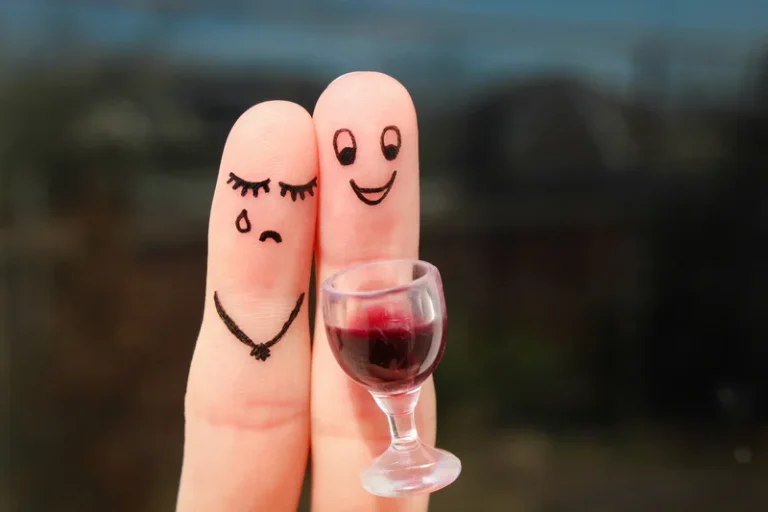
When we were younger, being social was all about taking shots with friends at bars and drinking games in college. But that’s not so much the case in midlife and beyond, Hobelmann says. He encourages people to take inventory in a room the next time they’re out tips to stay sober with friends. The first step of an inpatient program is detoxification. Then behavioral therapy and other services are introduced.

Common Emotional Challenges in Early Sobriety
- As you transition back into daily life from either inpatient or outpatient rehab, creating a solid network around you is key.
- Learn that you have choices and that you can maintain control.
- Developing self-control is akin to exercising a muscle – the more it is practiced, the stronger it becomes in resisting the temptation to revert to substance use.
- Holding on to your shame and guilt will lead you down a path of depression that is almost certainly going to lead you to a relapse.
Each individual will have their journey with addiction and sobriety, but typically, the first six months of sobriety are considered the most difficult. Sobriety isn’t accomplished all at once, and reaching new checkpoints, setting new goals, and seeing success in motion are all part of the transformative process. Non-drinkers may experience a healthier and happier emotional state compared to binge drinking. Avoiding alcohol has been shown to lead to an increase in overall happiness despite the challenges of sobriety. After three weeks without drinking, the body has already started to heal.

The Benefits of Being Sober
This helps stay focused on recovery and prevents relapse in the long term. Identifying these triggers and coming up with a plan to avoid them will go a long way in preventing relapse. So, while in recovery, the point is to use the skills and coping mechanisms learned to avoid and cope with these triggers.
- Thus, Albertson is limiting her drinks to just a few a month when she heads out with her friends or fiancé.
- Understanding your triggers and recognizing signs of relapse can help long before the opportunity for alcohol/substances arises.
- Gratitude offers numerous benefits for our emotional, mental, and even physical well-being.
- Because he is a member of a support group that stresses the importance of anonymity at the public level, he does not use his photograph or his real name on this website.
Using Your Relapse Prevention Plan
- You’re not punishing yourself for not drinking, you’re rewarding yourself, so go out and get a massage to work out some of that tension and feel proud while you’re pampered.
- When you catch yourself thinking of drinking, of wanting nothing more than to have one glass of whiskey, then stop and close your eyes.
- Whether you’re just starting your journey or looking to reinforce your commitment, these strategies will equip you with the tools you need for lasting sobriety.
- Places like alcoholics anonymous or other support groups are great ways to find a possible sponsor.
Develop coping skills to help you avoid drinking or using drugs in response. Medication-Assisted Treatment (MAT) combines behavioral therapy with medications to treat substance use disorders. It’s particularly effective for opioid and alcohol use disorders. The World Health Organization recognizes MAT as an essential component of comprehensive addiction treatment.

Phone, Video, or Live-Chat Support
Drinking less will give you more time to pursue these passion projects in general and can pave the way to help you find new hobbies and interests. Cutting back, she adds, can also help reduce one’s risk of falls, driving impairment and cognitive decline, which are already high-risk conditions in older adults. And alcohol, she warns, can also interfere with numerous medications, which can be problematic, so you may notice some improvements in how prescribed medications affect you.

In fact, research has Oxford House shown that giving is a powerful pathway toward increased joy and happiness. Building relationships with other sober individuals is crucial for long-term recovery success. These friendships provide understanding, support, and encouragement as you navigate life without alcohol. Support group meetings are a cornerstone of early recovery.
Deja un comentario